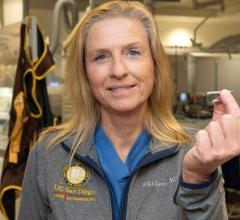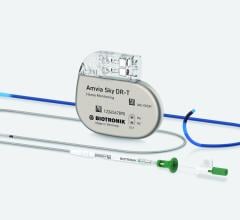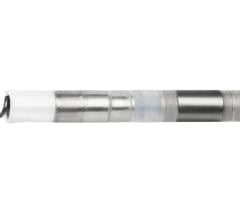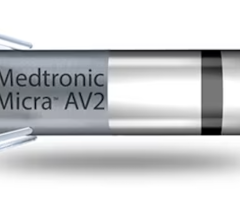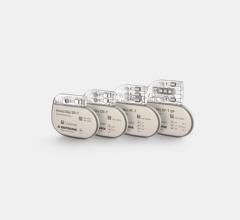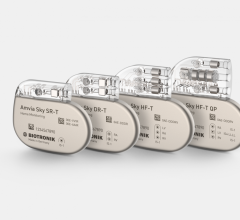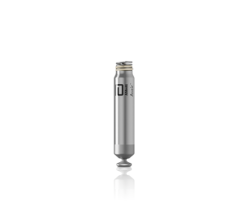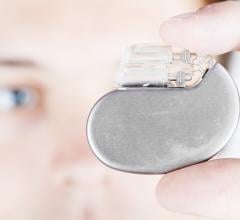
October 5, 2010 – Data from a prospective study show physicians may benefit from knowing complication rates associated with pacemaker or implantable cardioverter defibrillator (ICD) generator replacement and upgrade procedures. Results from the REPLACE Registry also established new benchmarks for making electrophysiology (EP) device replacement decisions.
The results will be published in the Oct. 19 issue of Circulation and have been published online. The article presents data from the first prospective multicenter study designed to evaluate the rate of complications from cardiac rhythm management (CRM) device replacement and upgrade from all CRM manufacturers.
“REPLACE is the first prospective multicenter trial to examine a broad range of complications related to generator replacement. The two patient populations studied included patients who needed only a generator replacement and those who required a lead addition or revision for advanced therapy. While the major complication rate for a generator replacement alone was modest, the risk associated with upgrade procedures was markedly higher,” said Jeanne Poole, M.D., director of electrophysiology at the University of Washington, and national principal investigator of the REPLACE Registry.
Poole added, “Important take home messages include the development of devices with long battery life to minimize the lifetime surgical risk for a patient and thoughtful consideration of the proper choice of device for each patient. Using the fewest leads necessary for the clinical need of the patient is important, and yet, our data would also support performing indicated complex procedures before the development of advanced end-stage medical and cardiac disease, situations in which the risk may be prohibitive.”
Patients were initially categorized based on whether the generator replacement procedure did not (cohort 1) or did (cohort 2) include a lead addition or revision. Definitions for major and minor complications were predefined and an independent committee reviewed all reported events.
“REPLACE provides important information regarding the next phase of life for patients with cardiac implantable electronic devices,” said Marye Gleva, M.D., associate professor of medicine, Washington University School of Medicine, St. Louis, Mo.
For more information: www.biotronik.com


 May 02, 2025
May 02, 2025 
